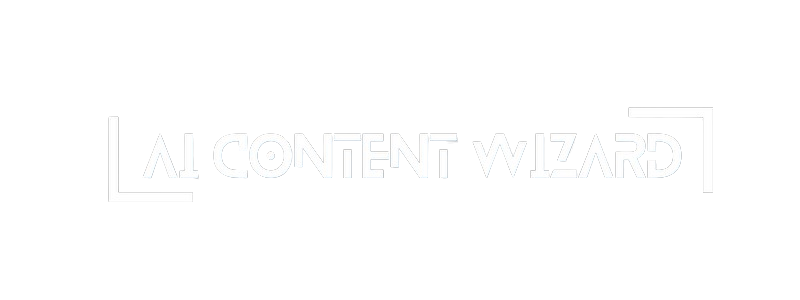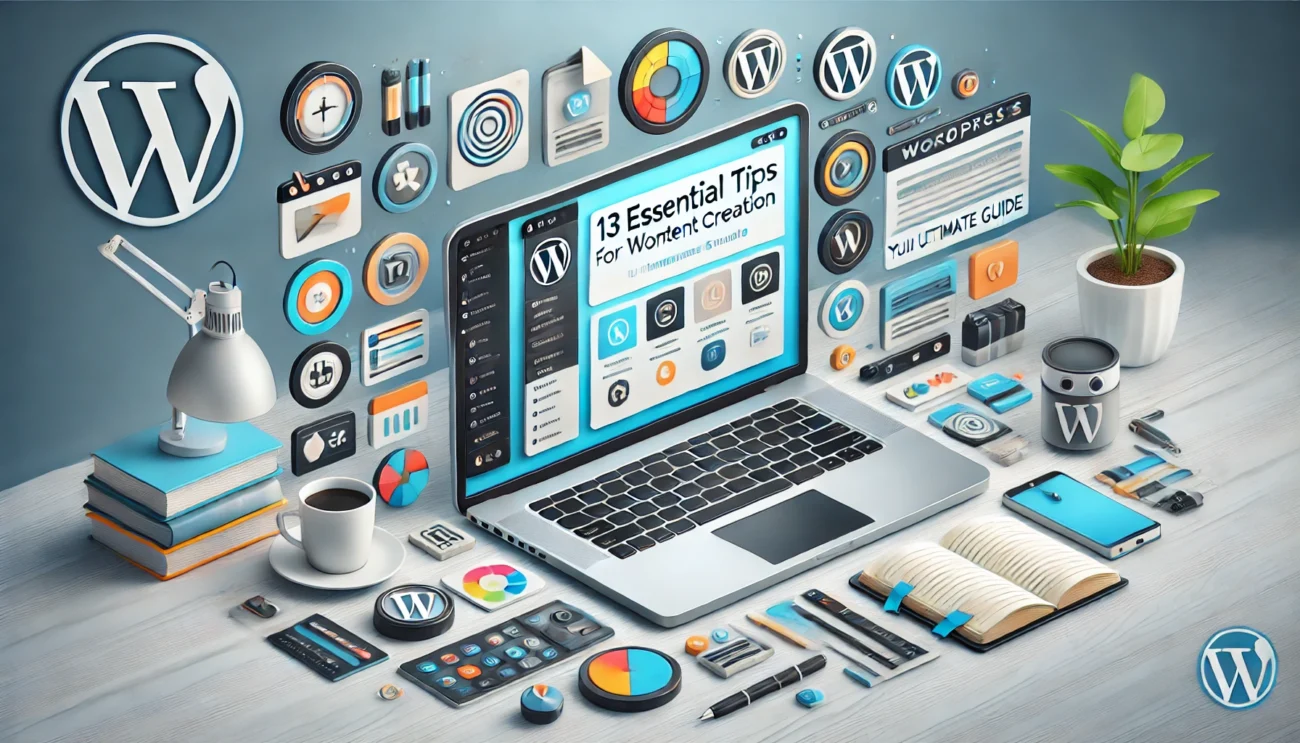How to Automate Content Marketing for Maximum Efficiency
In today’s digital landscape, businesses are constantly seeking ways to streamline their processes and maximize efficiency. One of the most promising advancements in this area is the rise of automated content strategy. Many savvy marketers are adopting this approach to ensure that their content marketing efforts yield the best possible results without requiring excessive amounts of time or resources. In this guide, we will explore how to effectively automate content marketing and enhance your strategy.
Understanding Automated Content Strategy
An automated content strategy refers to the process of using technology to streamline the planning, creation, distribution, and analysis of content. The goal is to create a self-sustaining system that allows marketers to focus on high-level strategy rather than mundane tasks. According to the Marketing Automation Report 2023, businesses that utilize an automated content strategy can boost their efficiency by up to 40% while doubling their output.
Key Components of Automated Content Marketing
To effectively automate your content marketing, it’s vital to understand the key components that make it work. Here are some essential elements:
- Content Planning: Use content calendars and project management tools to plan your editorial calendar in advance.
- Content Creation: Leverage AI tools for writing, designing, and multimedia production.
- Content Distribution: Employ marketing automation tools to schedule and distribute your content across various platforms.
- Analytics and Reporting: Integrate analytics tools to monitor performance in real-time and refine your strategy accordingly.
The Role of Technology in Content Automation
Advanced technology plays a crucial role in automating your content marketing efforts. Features like marketing automation software, AI-driven tools, and analytics platforms provide marketers with unprecedented capabilities. Here are some prominent technologies that can help:
- Marketing Automation Platforms: Tools like HubSpot, Buffer, and Mailchimp allow users to automate tasks like email campaigns, social media posting, and lead generation.
- AI Content Tools: Platforms such as Copy.ai and Grammarly assist in writing and enhancing content quality.
- Analytics Software: Tools like Google Analytics and SEMrush also allow marketers to track performance and make data-driven decisions.

Steps for Creating an Automated Content Strategy
Implementing an automated content strategy involves several essential steps. Here’s a breakdown:
- Define Your Goals: What do you want to achieve? Whether it’s increasing engagement, driving traffic, or generating leads, have clear objectives.
- Understand Your Audience: Conduct thorough audience research to create content tailored to their interests and needs.
- Select Your Tools: Choose the right mix of technologies that can aid your content marketing efforts—consider marketing automation platforms, AI tools, and analytics software.
- Create a Content Calendar: Plan your content well in advance using a comprehensive editorial calendar. Check out this guide for more details on content planning.
- Produce Valuable Content: Focus on quality over quantity. Make use of AI tools for content generation while retaining a human touch in editing and refinement.
- Automate Distribution: Schedule posts using social media management tools and automate sharing across platforms.
- Monitor, Analyze, and Adjust: Utilize analytics to measure performance, gather insights, and refine your approach based on real-world feedback.
Best Practices for Automated Content Marketing
To make the most of your automated content strategy, consider adhering to these best practices:
- Segment Your Audience: Tailor content distribution by segmenting your audience for targeted messaging. According to Eventbrite, segmented campaigns can drive up to 760% increase in revenue.
- Quality Control: Although automation can speed up processes, always maintain a human touch to avoid generic content.
- Test and Learn: Conduct A/B tests on various elements of your campaigns to discover what resonates best with your audience.
- Stay Updated: Follow industry trends and emerging technologies to continuously refine your strategies.
Real-World Case Studies

To illustrate the effectiveness of an automated content strategy, let’s consider a few case studies:
1. Coca-Cola: Utilizes automated systems to streamline its marketing campaigns across numerous channels. By employing analytics tools, they maximize engagement and adjust their strategies using real-time data.
2. HubSpot: As a leader in marketing automation, HubSpot exemplifies the power of automated content marketing through their inbound marketing strategies. They created a robust content library that is regularly updated, utilizing automated workflows to nurture leads and drive conversions.
Challenges and Recommendations
While the benefits of an automated content strategy are clear, there are challenges that marketers may face:
- Over-Automation: Balancing automation with genuine engagement is crucial. Over-relying on automation can make your brand feel impersonal. Aim for authentic communication.
- Integration Issues: Ensuring all your tools and platforms work cohesively is vital. Invest time in setting up integrations to avoid data silos.
- Content Quality vs. Quantity: The focus should be on crafting quality content. Automation should enhance your efforts, not replace them.
Future Trends in Automated Content Marketing
The future of content marketing is poised to become even more automated and data-driven. Here are some trends to watch:
- Voice Search Optimization: With the rise of virtual assistants, optimizing content for voice searches will become increasingly important.
- AI Content Generation: Continued advancements in AI will lead to even more sophisticated content generation tools that can produce human-like writing.
- Augmented Reality (AR) Content: Companies will begin exploring AR as an engaging method to deliver content, particularly in e-commerce.
As business strategies evolve, so does the need for a seamless and effective automated content marketing system. By integrating an automated content strategy into your marketing practices, you will not only save time and resources but also drive better results.
For insights into optimizing your SEO alongside your content strategy, refer to the Automatic SEO Mastery article, which can offer further guidance on elevating your marketing efforts.




